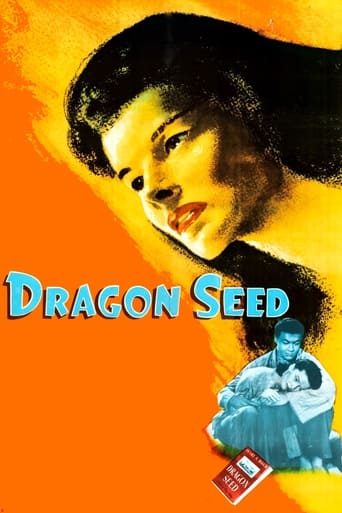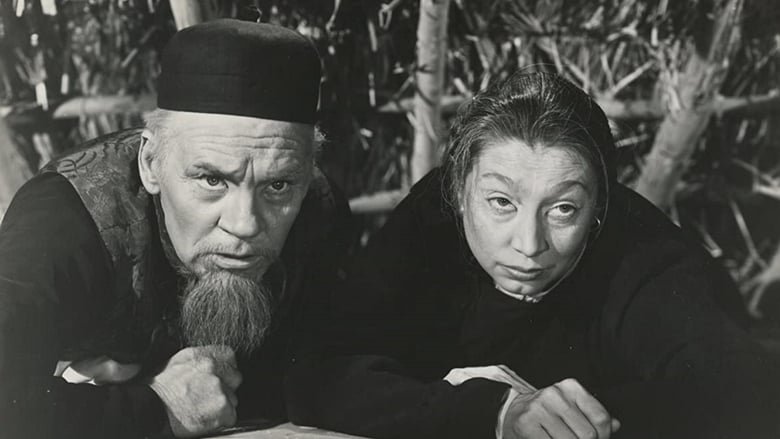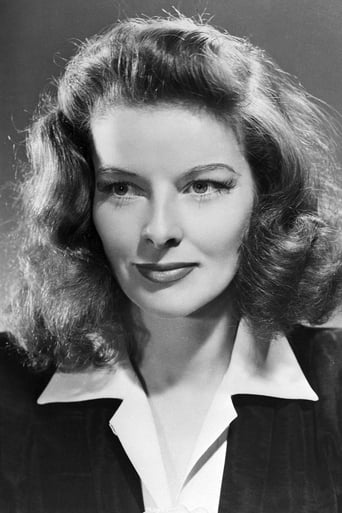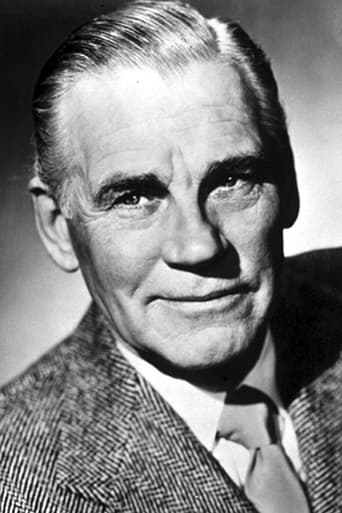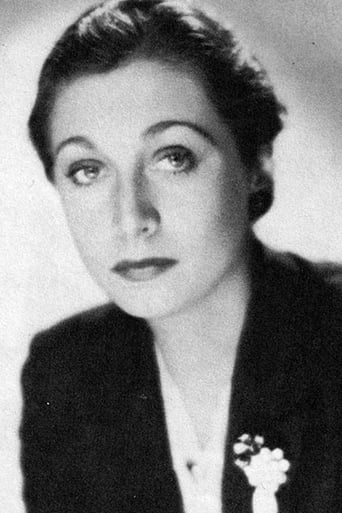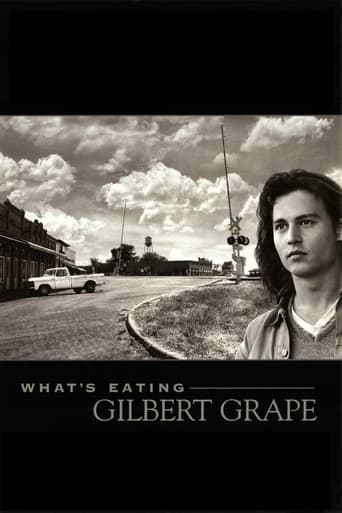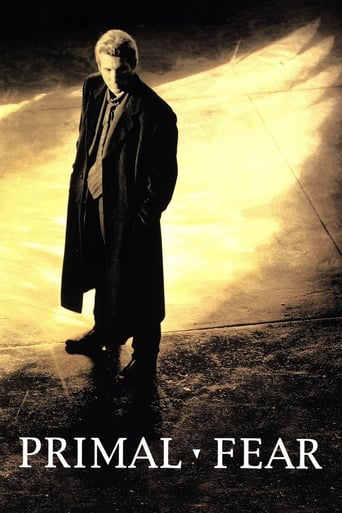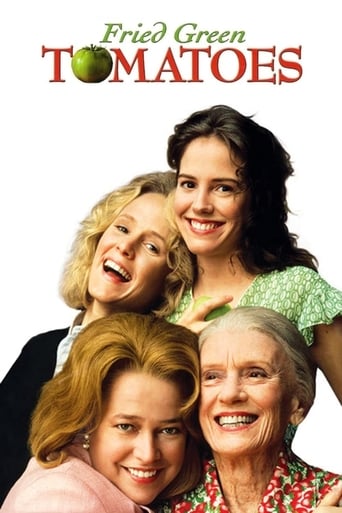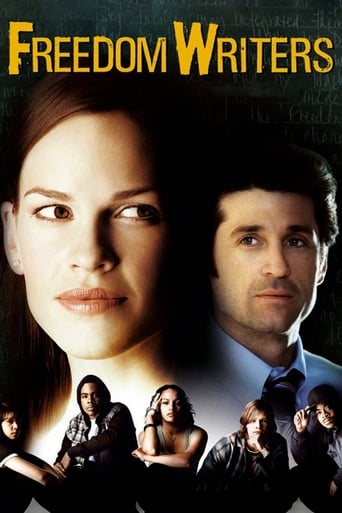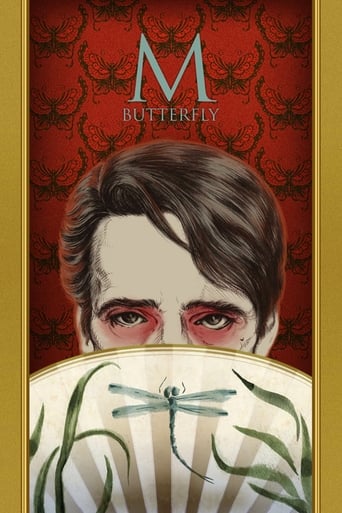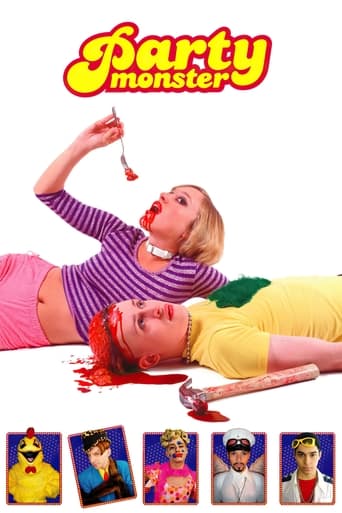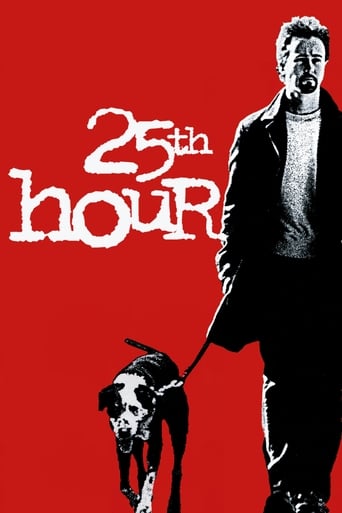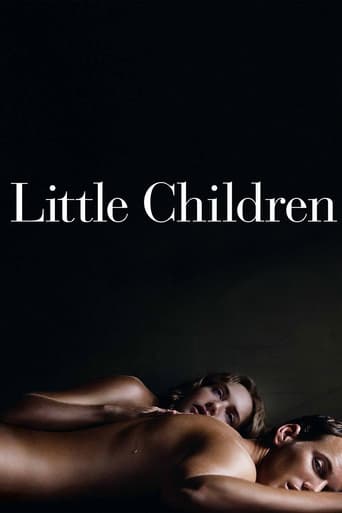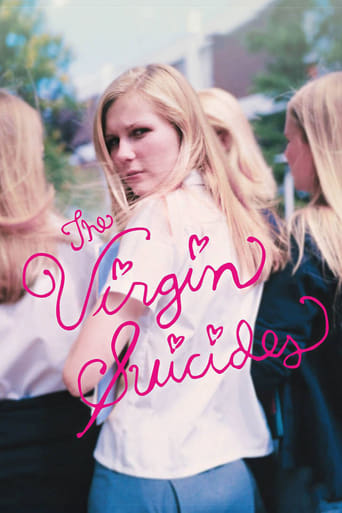Dragon Seed (1944)
The lives of a small Chinese village are turned Upside down when the Japanese invade it. An heroic young Chinese woman leads her fellow villagers in an uprising against Japanese Invaders.
Watch Trailer
Cast


Similar titles
Reviews
Slow pace in the most part of the movie.
After playing with our expectations, this turns out to be a very different sort of film.
Although I seem to have had higher expectations than I thought, the movie is super entertaining.
I enjoyed watching this film and would recommend other to give it a try , (as I am) but this movie, although enjoyable to watch due to the better than average acting fails to add anything new to its storyline that is all too familiar to these types of movies.
Let us get the obvious criticisms out of the way first: DRAGON SEED could be held up as a classic example of mimicry and/or orientalism, with the supposedly Chinese characters played by a variety of actors from different backgrounds. Led by Walter Huston as the familial patriarch, the cast also includes the Russian-born and Stanislavski- trained Akim Tamiroff; Turhan Bey, the Viennese born son of a Turkish father and Czechoslovakian mother; New England patrician Katharine Hepburn; the English-born Henry Travers, and the Irish American J. Carrol Naish as a Japanese kitchen overseer.On the other hand the film must be approached in context as a propagandist flag-waver designed to highlight the Japanese menace while emphasizing the importance of the global fight for freedom. In these terms Jack Conway and Harold S. Bucquet's epic works extremely well: the Japanese are portrayed as sadistic brutes who will stoop at nothing to achieve their aims - shooting dogs, raping and killing innocent women while relishing the thought of getting Hepburn's Jade Tan into bed. With the aid of Chinese traitor Wu Lien (Tamiroff), they set themselves up in a grand mansion and enjoy elaborate meals prepared by slave cooks, while capturing locals as slave labor.Pitted against them are the local Chinese, part of a farming community dedicated to centuries-old rituals. Nothing, it seems, can disturb the peace of their lives. When the Japanese invasion occurs, they are pitifully under-prepared to cope: Ling Tan's (Huston's) eldest son Lao Er Tan (Bey) and wife Jade (Hepburn) leave to help build a city in the hills dedicated to making weapons; while another son Lao San Tan (Hurd Hatfield) goes off to join the Chinese army. Ling Tan and his wife (Aline MacMahon) are left behind to forage for themselves, often living on scraps.While the film emphasizes the importance of rituals as the foundation of a stable society, it also looks forward to the future. Jade wants to teach her newly-born son to read, for it is only through reading that enlightenment can occur. Lao objects at first - he favors more traditional pastimes such as love-making - but as the action unfolds he understands his wife's concern. DRAGON SEED also preaches a doctrine of sexual equality: Jade spends most of the action working alongside her husband in manual labor dressed in overalls rather than the traditional attire of a rural peasant.In the end even Ling Tan comes to realize the importance of fighting for his country's future, despite his love of peace. The film ends with a climactic sequence reminiscent of MGM's GONE WITH THE WIND, as the Chinese community decamps from its long-established village to make a new home in the hills.Based on a best-selling novel by Pearl S. Buck, Marguerite Roberts's screenplay contains a few clunky lines, where the propagandist elements assume more significance than plot coherence; but the film offers the role of a lifetime to Turhan Bey, hitherto associated mostly with B-pictures and horror films for Universal. He takes the opportunity with both hands, proving as competent as Hepburn in delivering lines with élan, as well as convincing us of the character's sincerity of purpose.DRAGON SEED is certainly long - perhaps too long at 144 minutes, but it certainly fulfills its purpose, especially for those forced to fight the Japanese at first-hand during the mid-Forties.
Ling Tang (Walter Huston) and his extended family live on a peaceful prosperous farm in the south. The Japanese are rampaging in the north and the villagers are unconcerned. The two oldest sons Lao Ta Tan and Lao Er Tan are married. Er's wife Jade (Katharine Hepburn) is willful and not the traditional submissive kind. The youngest son Lao San Tan is unmarried and a free spirit. The only daughter is married to the wealthy Wu Lien who sells Japanese goods in the city. His store is trashed by patriots who burn his goods. The Japanese bomb the city destroying it. Er leaves the farm with his pregnant wife Jade. Ta's wife is raped and killed. Ta and San go off to fight while Wu Lien collaborates. I'm willing to accept non-Asians playing these roles. It's old Hollywood and Asian actors didn't have a chance back in the day. They did put in some Asian actors in minor speaking roles and that's probably the best that could be hoped for. The most annoying thing about this movie is the odd sounding chinesey English being spoken by everybody. It's a struggle to follow and a grind to listen to. It's not just the flat accent but it's more about the way the dialog is written. The acting is also pretty bad as if the actors were inspired by a Chinese opera. It makes the movie feel unnatural. There is a compelling melodrama of struggle but it's buried by the bad dialog.
I was crazy about this film! There were a few flaws (in my opinion), which I'll get to in a moment. But I found the film fascinating on a few levels. First, the heroine, Jade, is an amazing character. I can understand why MGM thought one of their own biggest stars, Katharine Hepburn, would excel in this role. Like Hepburn, she's a determined, headstrong, never-say-die type of character, who happens, also, to possess a good deal of feminine charm. After a minute or two, I wasn't very concerned about the fact that Hepburn was not Chinese. She was so very right, in temperament, for the role. It does take some time before the acceptance of Miss Hepburn as the character is total, but that does happen, a bit further down the line.Since this is a story of a woman character facing a brutal enemy in a war on her home turf, I'm surprised more people did not like it for that reason alone. (Since few war movies come at it from this angle - other than Gone With The Wind.) Moreover this is a very modern woman who resists the traditions of her upbringing and, because it needs to be done, leaves her village along with her husband and joins a band of resisters transporting heavy machinery across the country in the most grueling conditions - while she's pregnant! Though the film leaves it ambiguous as to whether these are Communists or Nationalists, one would be hard pressed not to be lost in admiration for their grit and guts. One day Jade decides she really needs to take a day or two off, as the baby is due, and proceeds to bear a healthy child who eventually is brought home by her in a large basket (the child having grown) she carries on her back.But this is not Jade's story, alone, it's much more of an ensemble piece about an entire family of farmers facing the invasion of the Japanese in the 1930's. Their various tribulations and joys are for the most part, grippingly and entertainingly depicted. The father and mother of this family (Jade's in-laws) are brilliantly played by Walter Huston and Aline McMahon. Turhan Bey, Henry Travers, Robert Bice, and Frances Rafferty also have major roles. A duplicitous character is played by Akim Tamiroff, his faithful wife by Jacqueline DeWit, and Travers' selfish wife by Agnes Moorehead. Hurd Hatfield plays the gentle, favored Third Son who becomes bloodthirsty and abhorrent to his parents.The film ranges very well from intimate human drama to spectacle and back again. The production design is really splendid, and the penultimate scenes of "scorched earth" are both heartbreaking and exhilarating. I marveled at what these people had to go through and how they faced it. It was truly grueling and incredible.As for Caucasian actors in Asian makeup. This is not a documentary. I believe the Chinese staged a production of Death Of A Salesman. And the Japanese had a very long-running stage production of Gone With The Wind. This particular film was a tribute by Americans to the spirit of another people, and I didn't find it inappropriate. Not that it works all the time, but overall it was carried off extremely well.As to the casting of Hepburn, someone said her New England accent was wrong for the part, but since, in real life, the characters would be speaking Chinese, not English, we're already suspending disbelief and her accent didn't bother me. She actually does an awesome job, and gets inside the role. There are few if any other white actresses of the time who would have been able to play the part at all. Hepburn not only plays it, but is excellent in it.Certain parts of the film are a little too broad, but these aren't frequent. Agnes Moorehead is very broad at first but she simmers down later and actually ends up being quite good. The marauding Japanese are played too broadly. The assault in the woods might have been even more effective if they had been played as grim and serious, rather than in a caricatured way, smiling, with clichéd comments, etc. In the book, this was a chilling scene. It's still effective in the film, but when a scene is horrific, it's not necessary to add a lot of "acting" to it. Frances Rafferty is great in the scene, by the way.Lionel Barrymore narrates the film and he has one of the most marvelous voices ever. His narration adds something significant to the film.When you have seen this motion picture you will feel like you have witnessed a truly human, emotional story, a piece of history, and it may leave you wondering about man's inhumanity to man, as it is one of the most unflinching films made during the war years. But it will give you hope and inspire you, as well.
Dragonseed is a whole lot like that other far better film of a Pearl Buck novel, The Good Earth. Since both came from the MGM studio the two films have the same look to them and in many ways this is another generation of the family depicted in The Good Earth facing new problems of the Japanese invasion.Of course if it were made today, you'd be casting all oriental players in the roles. But in The Good Earth, both Paul Muni and Luise Rainer were well suited to ethnic roles. A lot of the members of the cast of Dragonseed were not.Walter Huston at least to his credit never tried an accent in playing a Russian in North Star or a Norwegian in Edge of Darkness also films about resistance to Axis invaders. He's once again the voice of reason, driven to do unreasonable things against his nature by war. Still he doesn't come across as Chinese. Neither does Henry Travers as his scholarly cousin.But most of all Katherine Hepburn just doesn't make it as an oriental. When Luise Rainer played Olan, the part was written with minimal dialog and she won that Best Actress Oscar for her facial expressions which said more than pages of words. Hepburn unfortunately sounds like the peasant from Bryn Mawr.Seeing real oriental players in smaller parts like Philip Ahn and Benson Fong only draw attention to how ridiculous some of the occidentals look.It's not a bad story, maybe it would have been better if they cast Anna May Wong though.

